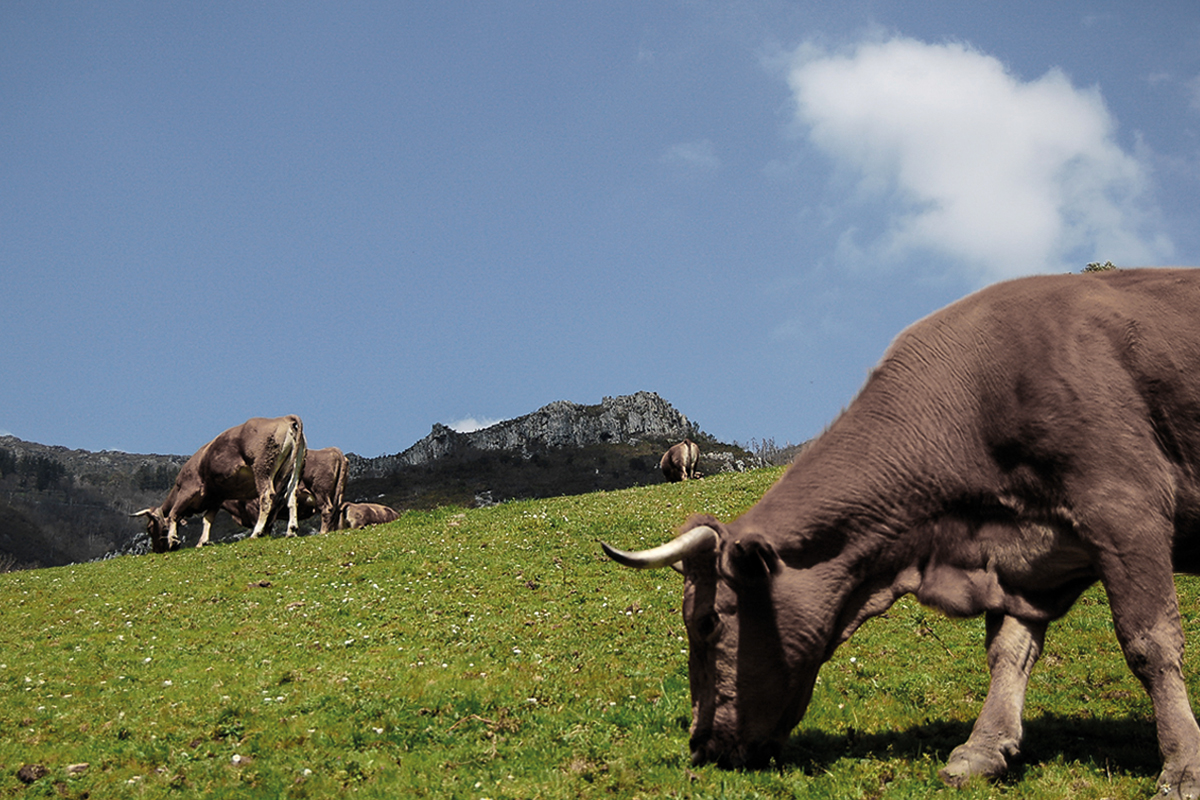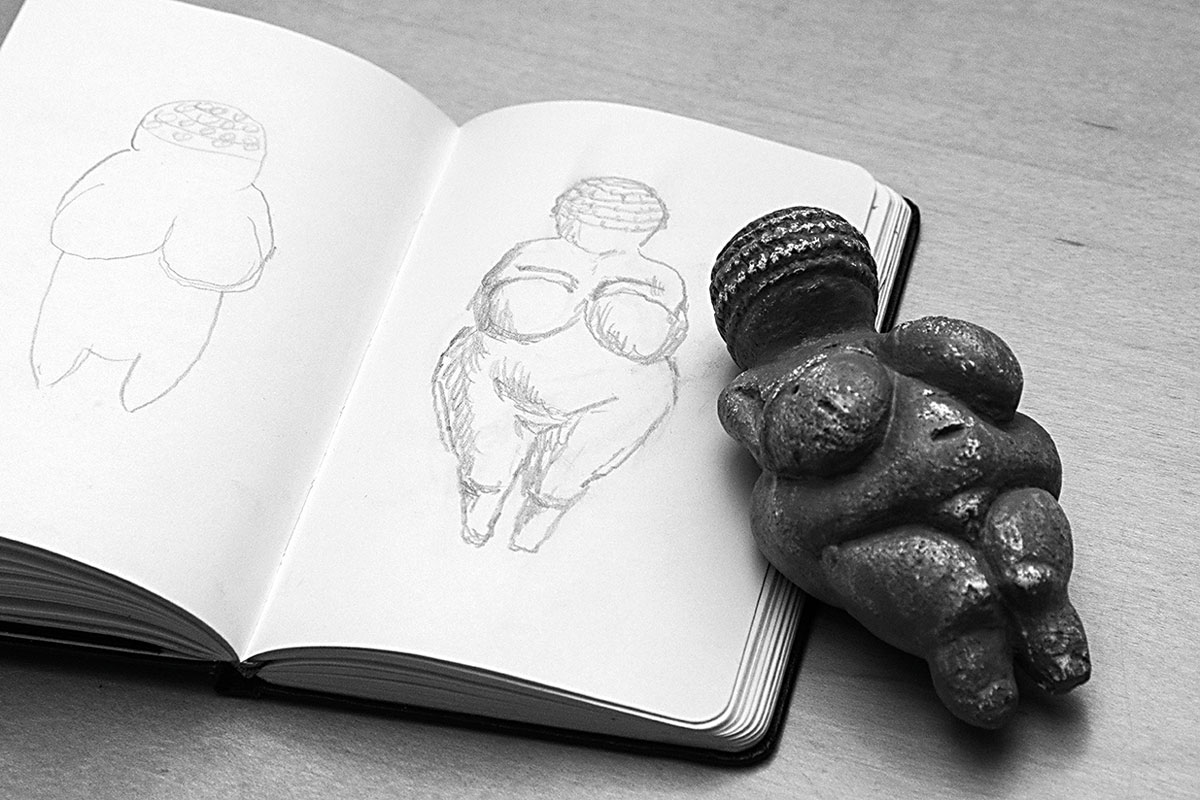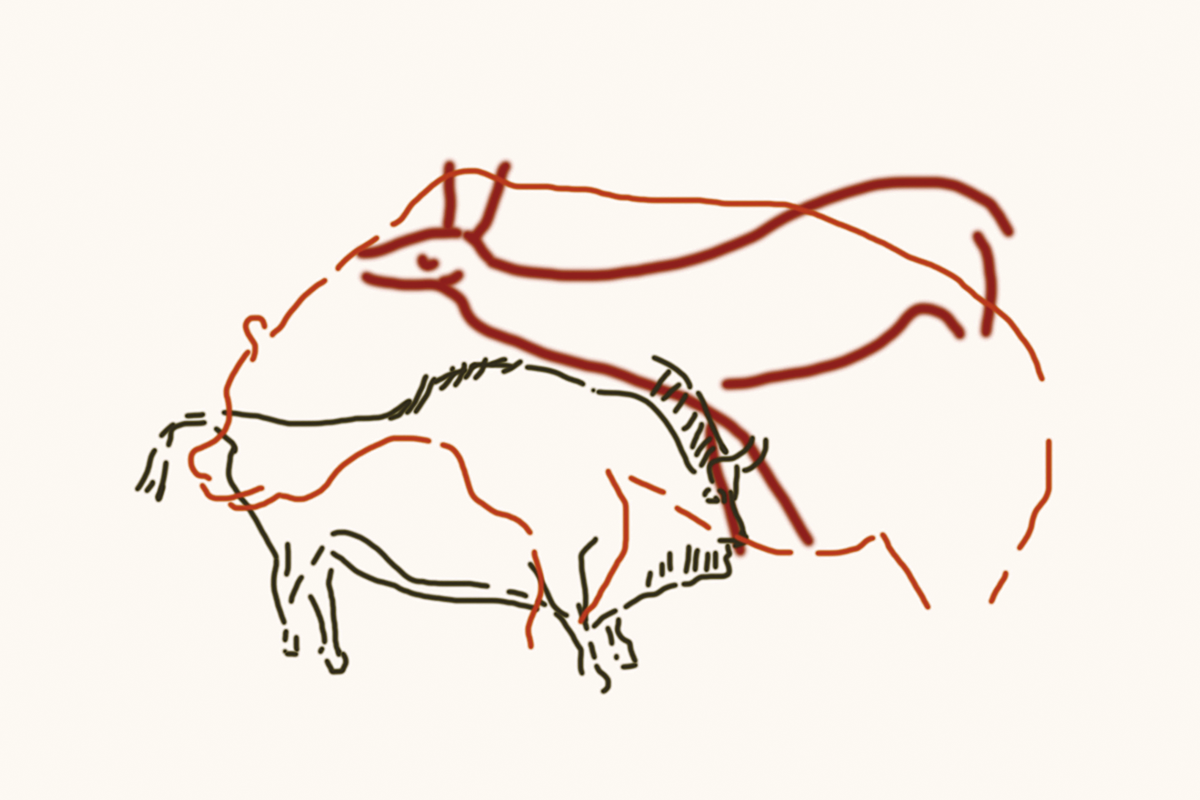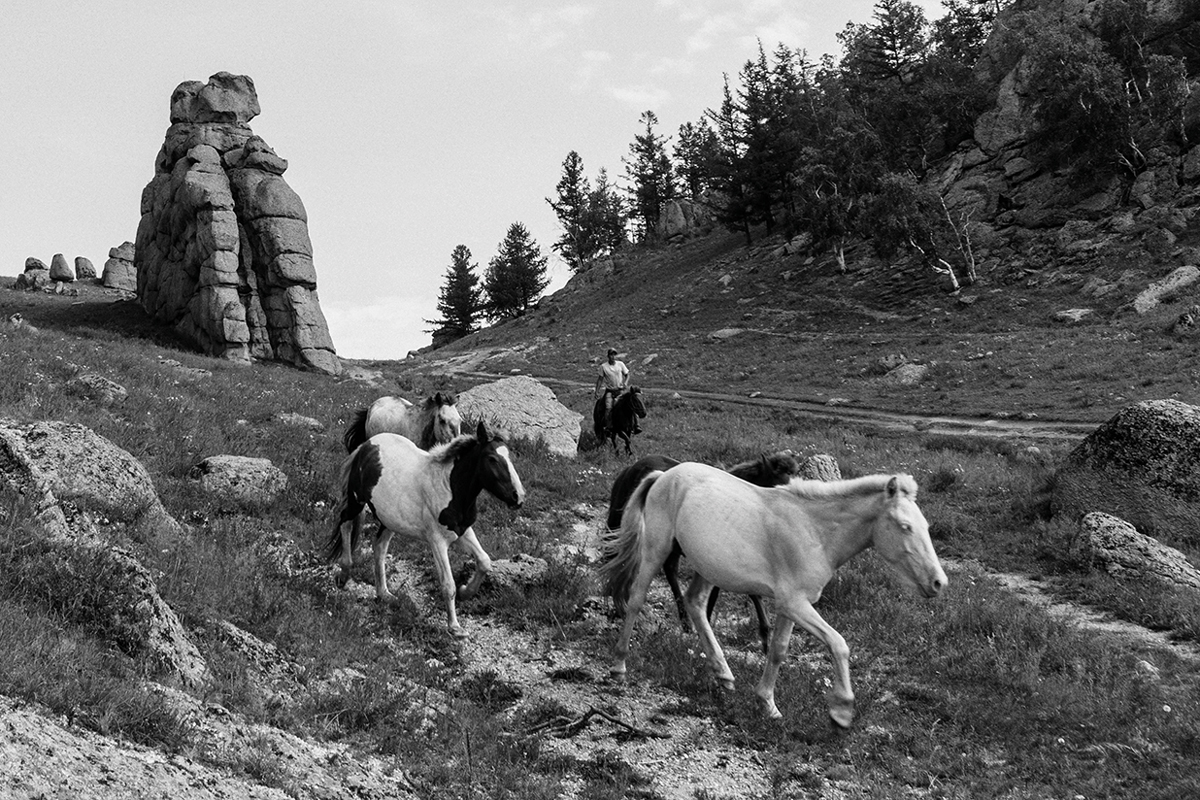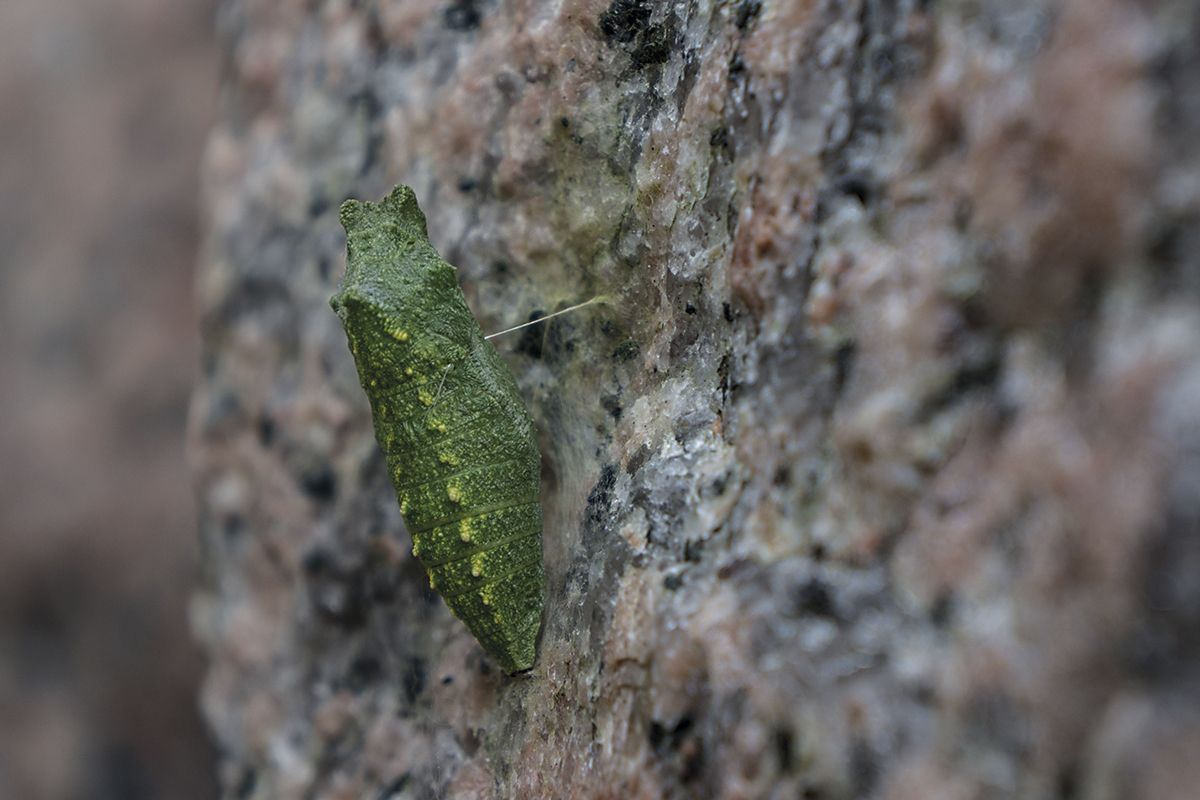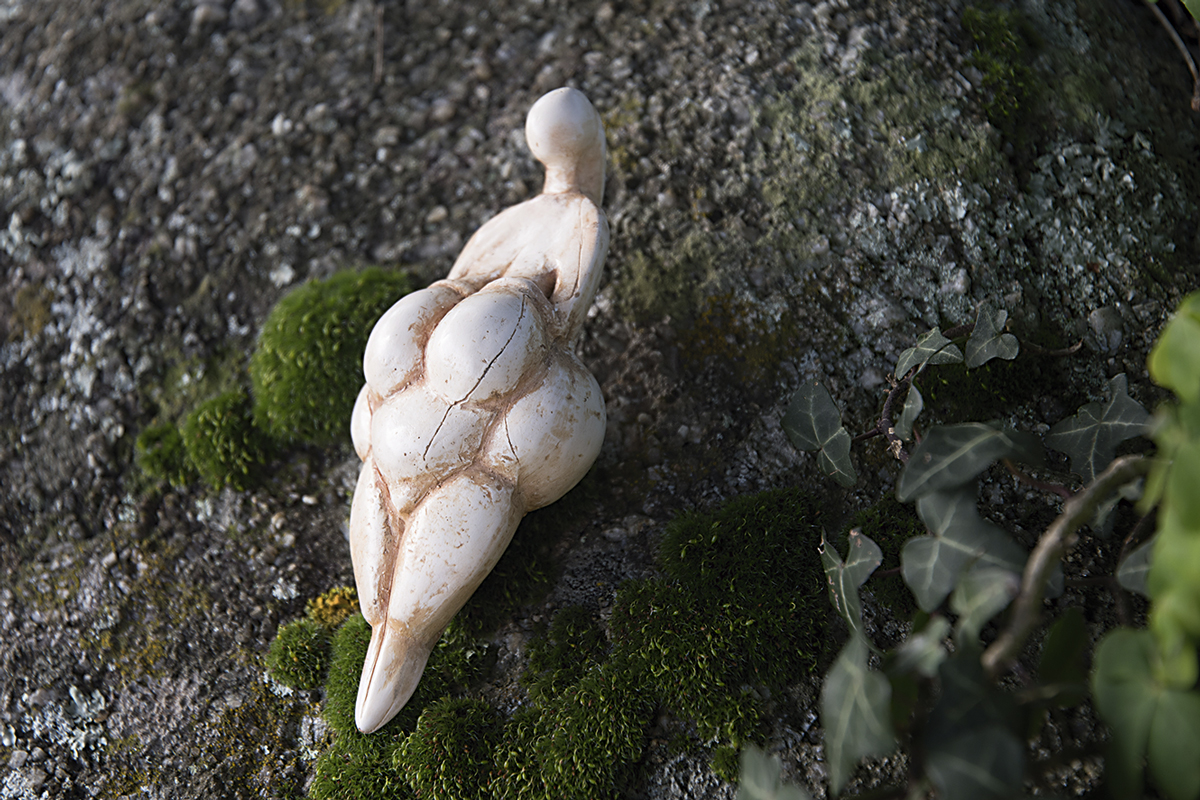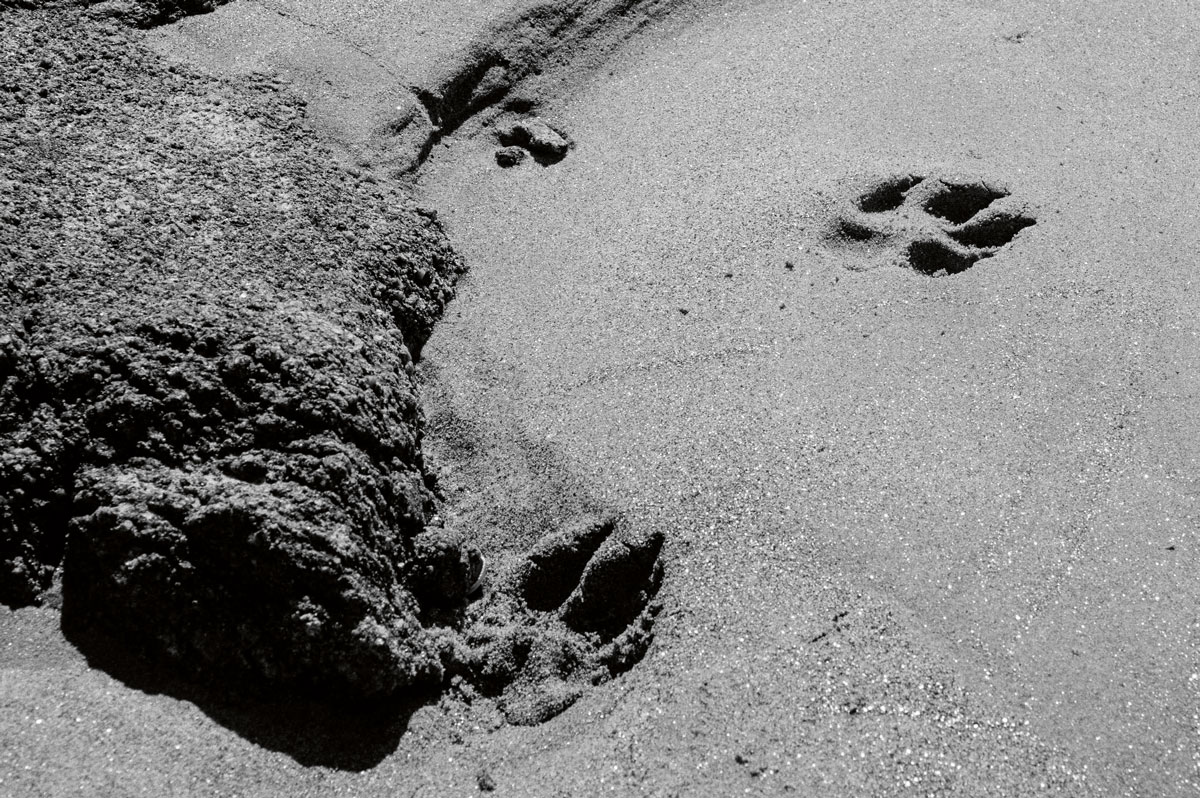Search
The violent crimes committed by ordinary people are, in most cases, the result of the so-called affective aggression.
Humans are born rather undeveloped, compared to other species, which favours a better understanding of language and behaviour in society.
The process that takes place when we cook on a barbecue is very similar to the one that occurs in our organism when we eat and digest food.
The next time you find yourself near a barbecue, try to pay attention to what you see. It is a fascinating scientific process.
Associating feelings of pleasure with dopamine us a common mistake. The process involves many other elements. Humans permanently seek pleasure and the continuous generation of expectations, surprise, and desire.
Tactile memory allows us to create images in our brain thanks to the relative positions of fingers and hands.
We cannot assume that our Palaeolithic ancestors possessed cognitive capacities typical of the modern mind.
Some mammals experience a feeling of soft pain when tasting fruits with capsaicin. This mutation has survived with the evolution of mammals.
In Lamarck's revolutionary work, only his failed attempt to elaborate a coherent theory of the evolutionary process has remained in popular teaching.
Humans' control over breathing enabled them to laugh, unlike other animals such as horses.
Stories prepare our minds for what is to come. Dreams are a sort of training process for the development and consolidation of neural architecture.
Cultural accumulation changes what we are and what we do from one generation to the next and, as far as scientific knowledge is concerned, changes occur so quickly that we tend to imagine them as distant theories or very recent developments.
But it is one thing to be aware of the annual astronomical cycle and another to discover the mechanisms of life. We don't know for sure what, but something happened about 40,000 years ago in what is now Europe.
What kind of sign is a rhinoceros footprint? It is an index, an iconic representation, and can become a symbolic image. A whole world condensed into a single footprint.
Over the centuries, several authors have attempted to put together popularisation works about the big history of scientific knowledge. One of the is Vestiges, by Robert Chambers.



